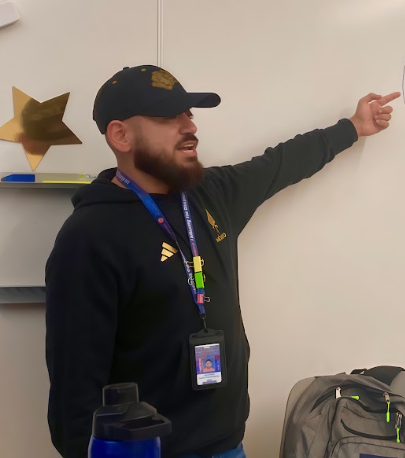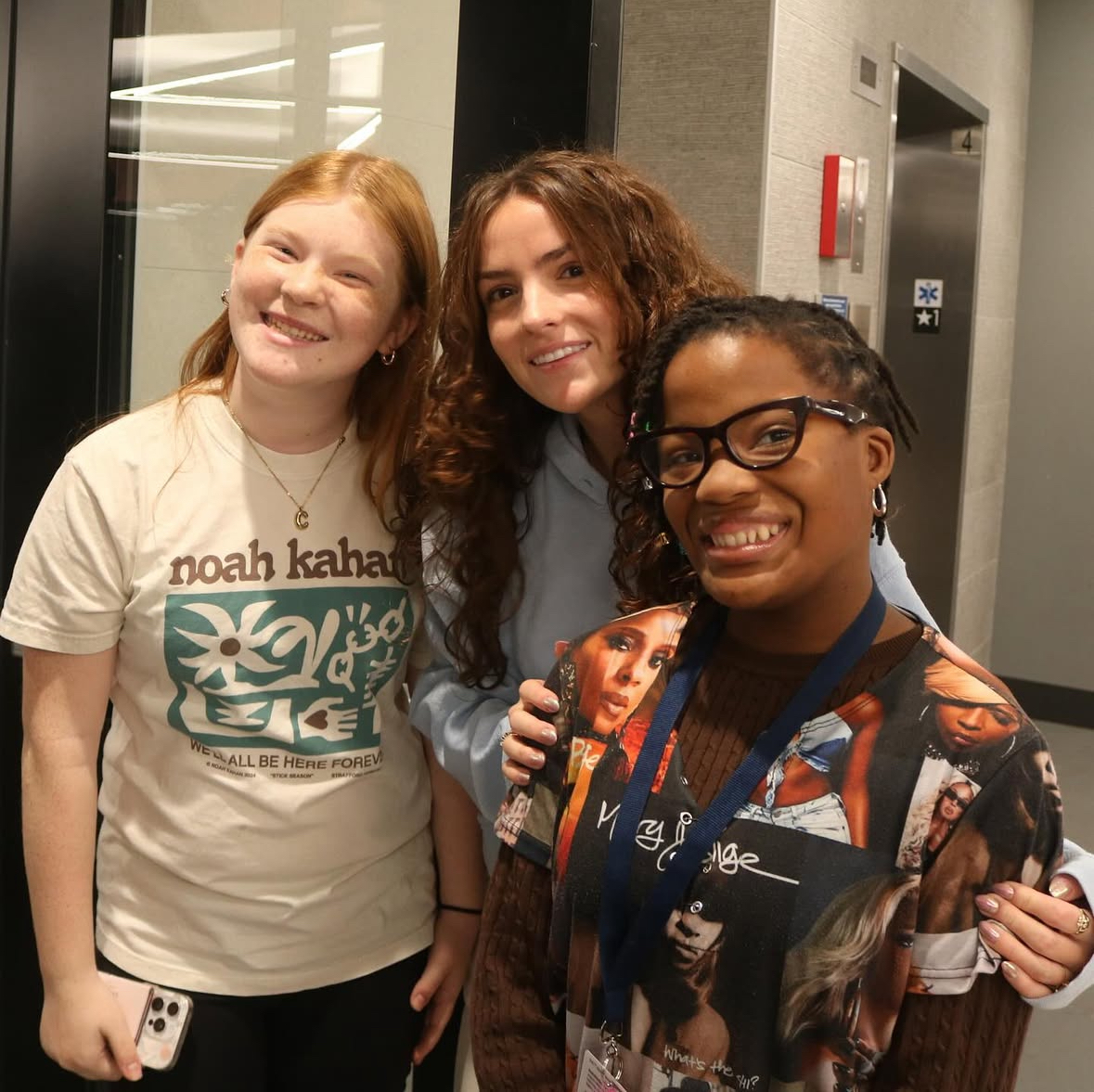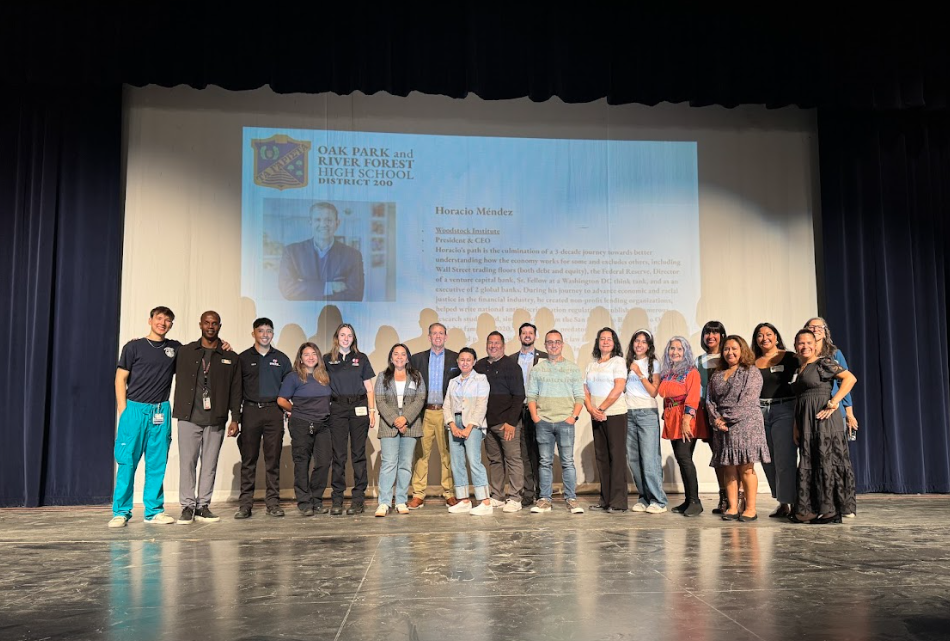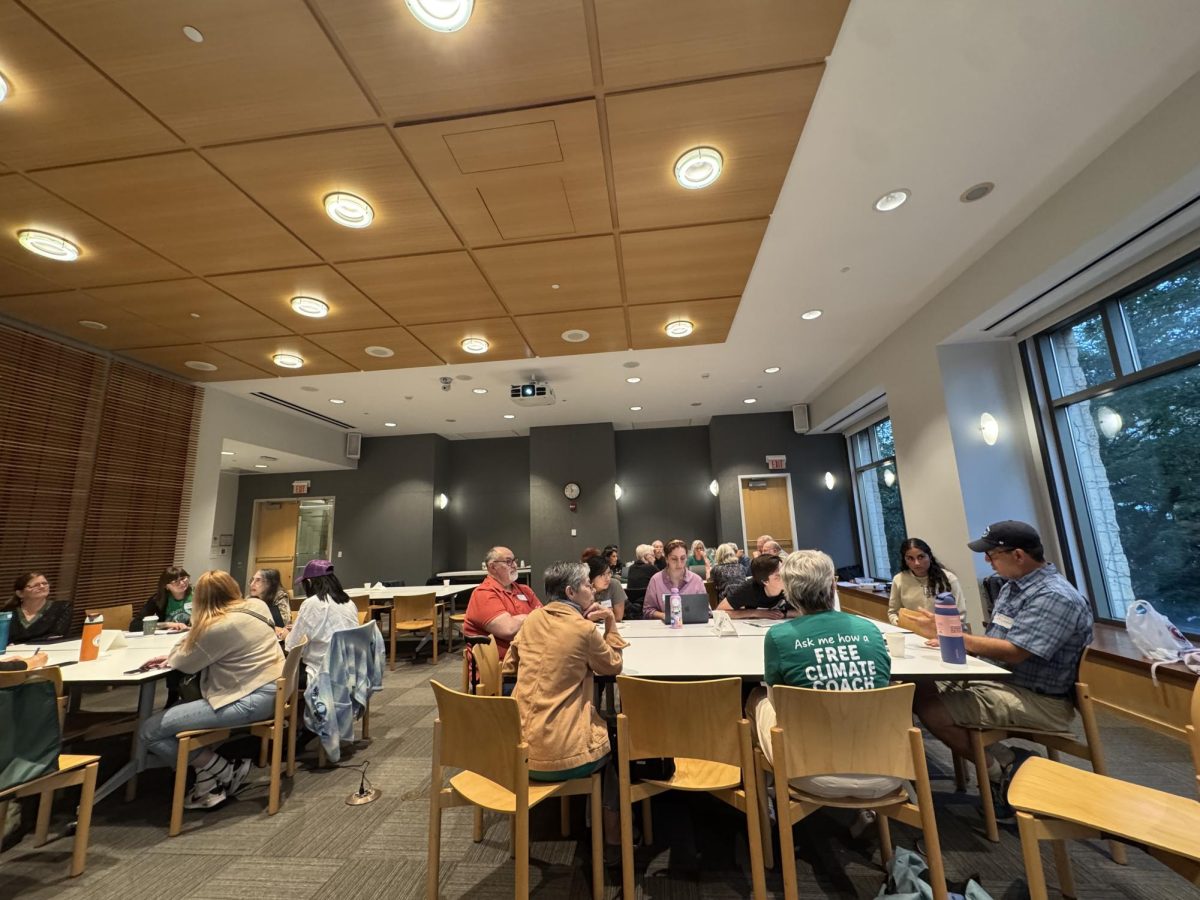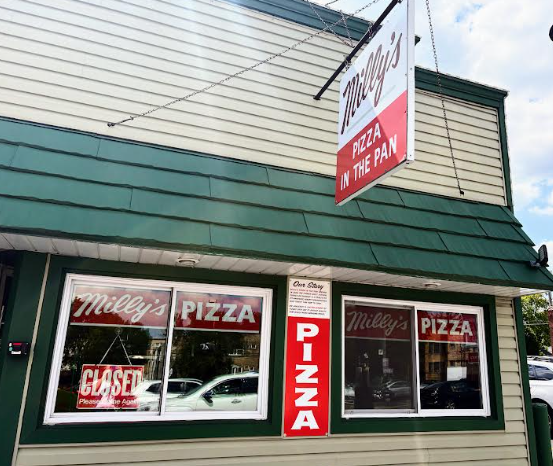Year after year, anxious families flood the inboxes of college counseling services, willing to spend thousands of dollars to ensure that their children will have their choice of top universities come spring.
These services, sometimes called independent educational counselors, walk students through the college admissions process. This process can begin as early as the fall of a student’s junior year, often lasting late into their senior year.
The scope of these consultants’ services varies, generally relative to the price paid. More expensive services will help students tailor their extracurriculars and courseloads, while some of the more affordable choices may only offer help with the personal statement section of the Common App, the non-profit that allows students to apply to more than 1,000 colleges through its online platform.
According to a 2018 report by the Independent Educational Consultants Association, the cost of a consulting package typically ranges from $4,000 to $8,000, with higher-end packages costing up to $10,000. Many of these companies will, however, offer to reduce or waive their fees entirely for low-income families of especially promising students.
Having someone who is well-versed in the industry to help you through the process is one of the primary advantages of these services, according to David Montesano, who founded the private counseling service College Match in 2001.
“A good consultant will know the differences between schools,” Montesano said. “That can help people choose the right vehicle to help them get to their life goals.”
Oak Park and River Forest High School senior Avery Lucas began working with college counselor Dyanne Sykes in 2023. In these early meetings, Lucas and Sykes discussed test scores and formulating a strong college list. At the start of the 23-24 school year, Lucas began working on the CommonApp with this consultant. “I started to draft my main essay and would send it off to an attached essay editor for revisions,” she said. “Once that was complete, I began submitting my applications.”
When asked if working with a counselor was worth it, Lucas reflected, “I would be very behind and stressed out with applying to colleges at this very moment.”
Still, many students opt out of college counseling, either for financial reasons or because they feel it simply isn’t necessary. OPRF senior Willa Aumann elected not to work with a counseling service because her mother had already helped her older sister through the process. “I felt like I would be able to get the help I needed at home,” Aumann wrote in an email. “I ended up learning about colleges and applications along the way, and it would have been nice to have a professional guide me through it.”
In the fall of a student’s senior year, they will be assigned a time to meet with their school-appointed counselor. During this meeting, students will discuss with their counselors which schools they will apply to and how much progress has already been made on these applications. Counselors may periodically check in with students, but more often than not, this is the last meeting they will have with their counselor regarding the application process.
Every student applying to colleges through the Common App will write a “personal statement” essay. A variety of prompts are provided, and students may pick whichever prompt they believe they can respond to most adeptly in 1,200 words or fewer. Many schools also require that students answer supplementary essay questions. These questions are provided by the school, and ask students to describe what about this school in particular appeals to them.
Lucas described the process of writing supplementary essays as one of the more daunting aspects of college applications, noting that the challenge of “finishing up my supplemental essays on top of my current school work during the school year.” Both Lucas and Aumann said they wished they had begun writing these essays earlier.
Consulting services typically choose to meet with students every other week. Lucas, for instance, met with Sykes every other Monday for 10 months. These meetings covered the writing of her personal statement essay and, subsequently, the writing and editing of any supplementary essays she was required to submit.
Montesano’s final words of advice to college applicants, both present and future, were to “reverse engineer what they want to do.” He went on to explain that life planning is the most vital aspect of the application process.
“When somebody says I want to go to Harvard, it’s usually because they haven’t done the life planning part of it. Because once they’ve done the life planning part, they’ll figure out that…some other school could work just as well if not better.”

